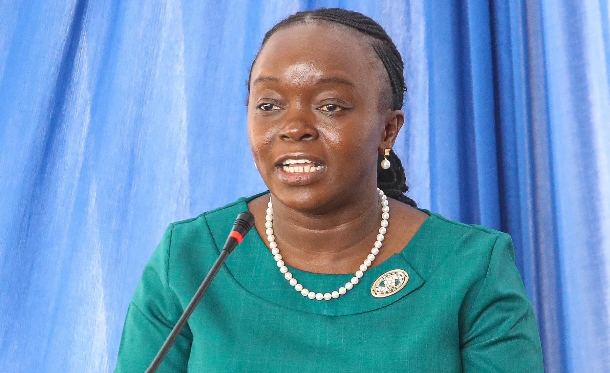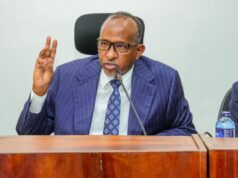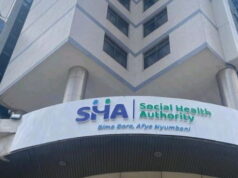- Ministry of Health reassures Kenyans that ARVs are available at all ART sites.
- NASCOP urges patients to continue taking medication as prescribed.
- Premature refills are discouraged to prevent unnecessary pressure on supplies.
- 90-day freeze on US foreign aid impacts healthcare, including ARV distribution.
- Health CS Deborah Barasa seeks Ksh33.5 billion to sustain critical programs.
- Over 2 million ARV drug packs dispatched to health facilities to address concerns.
The Ministry of Health has assured Kenyans that there are no shortages of antiretroviral (ARV) drugs, emphasizing that all ART sites nationwide have sufficient stocks for both prevention and treatment.
In a statement released on Tuesday, March 25, through the National AIDS & STI Control Program (NASCOP), the government urged all recipients of care to stay on their prescribed medication without fear of running out.
“The Ministry of Health, through NASCOP, assures all individuals on ARVs that there is adequate stock at ART facilities. Patients should adhere to their daily doses and avoid skipping or sharing medication,” read part of the statement.
No Need for Premature Refills
NASCOP also advised patients against refilling their prescriptions before the due date, warning that unnecessary stockpiling could create artificial shortages.
“We urge recipients of care not to rush for refills before their scheduled dates out of fear of a stockout,” the agency added.
US Aid Freeze and Government Response
This reassurance follows growing concerns over ARV shortages, especially after the US imposed a 90-day freeze on foreign aid, which has disrupted several health programs, including HIV/AIDS treatment.
To cushion against this setback, Health Cabinet Secretary Deborah Barasa has proposed an emergency allocation of Ksh33.5 billion from the National Treasury to sustain key health services such as HIV treatment, malaria prevention, vaccinations, and family planning.
“The sudden withdrawal of funding has strained our healthcare system, affecting essential services in areas that heavily rely on foreign aid,” CS Barasa told the Senate.
New ARV Shipments to Ease Concerns
As part of the government’s intervention, more than 2 million packs of HIV medication have been dispatched to health facilities across the country to ensure a steady supply.
“This milestone reaffirms our unwavering commitment to safeguarding the health of people living with HIV, despite financial constraints,” Barasa stated.







